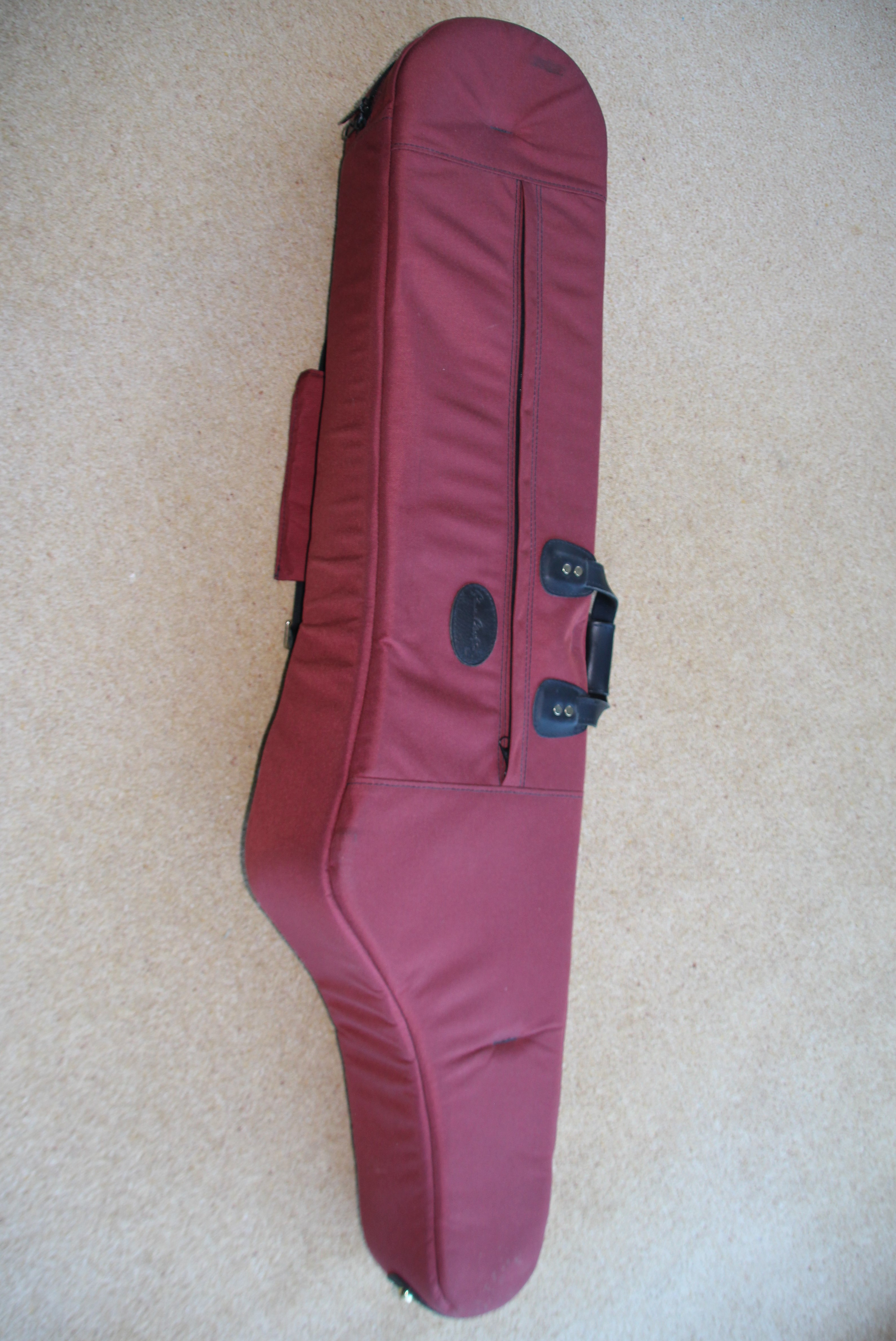Juggling both instruments
Doubling is an occupational hazard for the Contrabassoonist. Changing rapidly from Contra to bassoon is tricky enough in itself without worrying about losing your place, the reed drying up or your embouchure not being ready. Most orchestras or halls have their own custom-built stand, but Fox sell good light-weight stands for the itinerant musician. Bear in mind though that they may not be quite as steady as their heavier counterparts.
Carrying the Contrabassoon about can also be tiresome. The large wooden coffin cases the instruments are supplied with are extremely heavy to carry about a building, let alone on public transport. A ‘soft’ case (such as those by glenncronkhite.com) will be much easier to carry on your back and will fit on most overhead racks on a train. For air travel in the plane hold, an aluminium flight case is necessary ( mine are made by packhorse.co.uk) but even these well-built cases cannot always guarantee against damage.
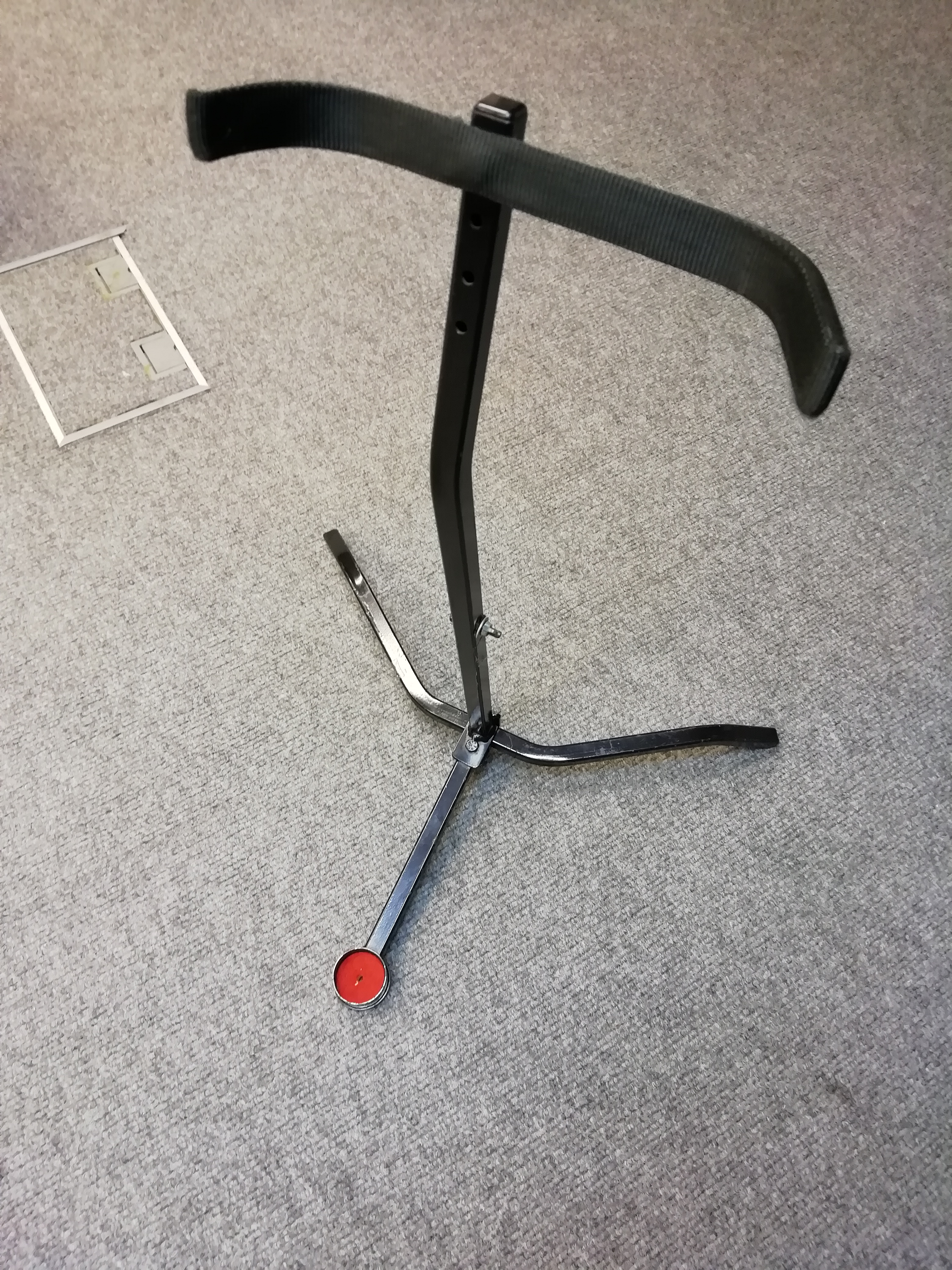
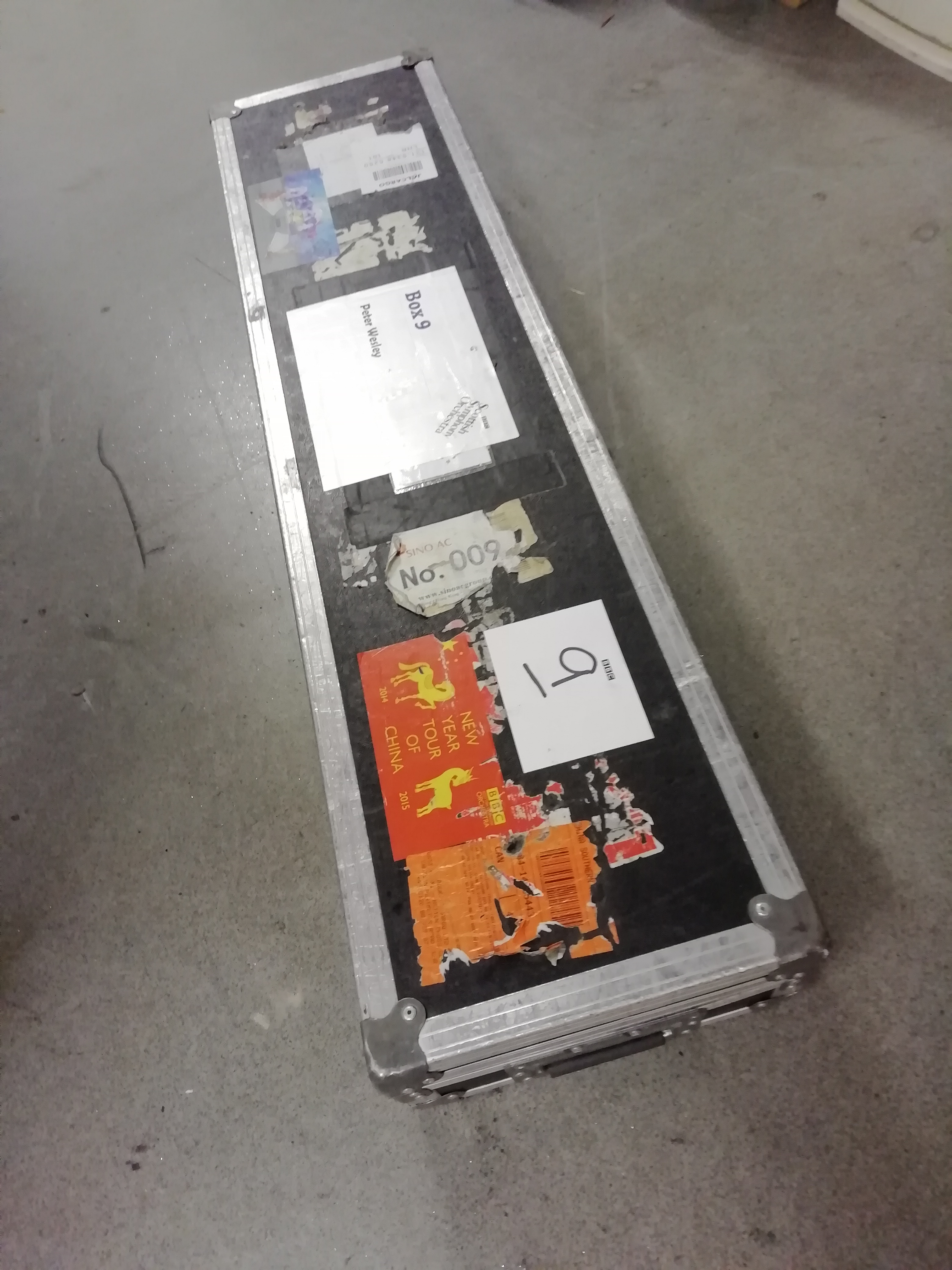
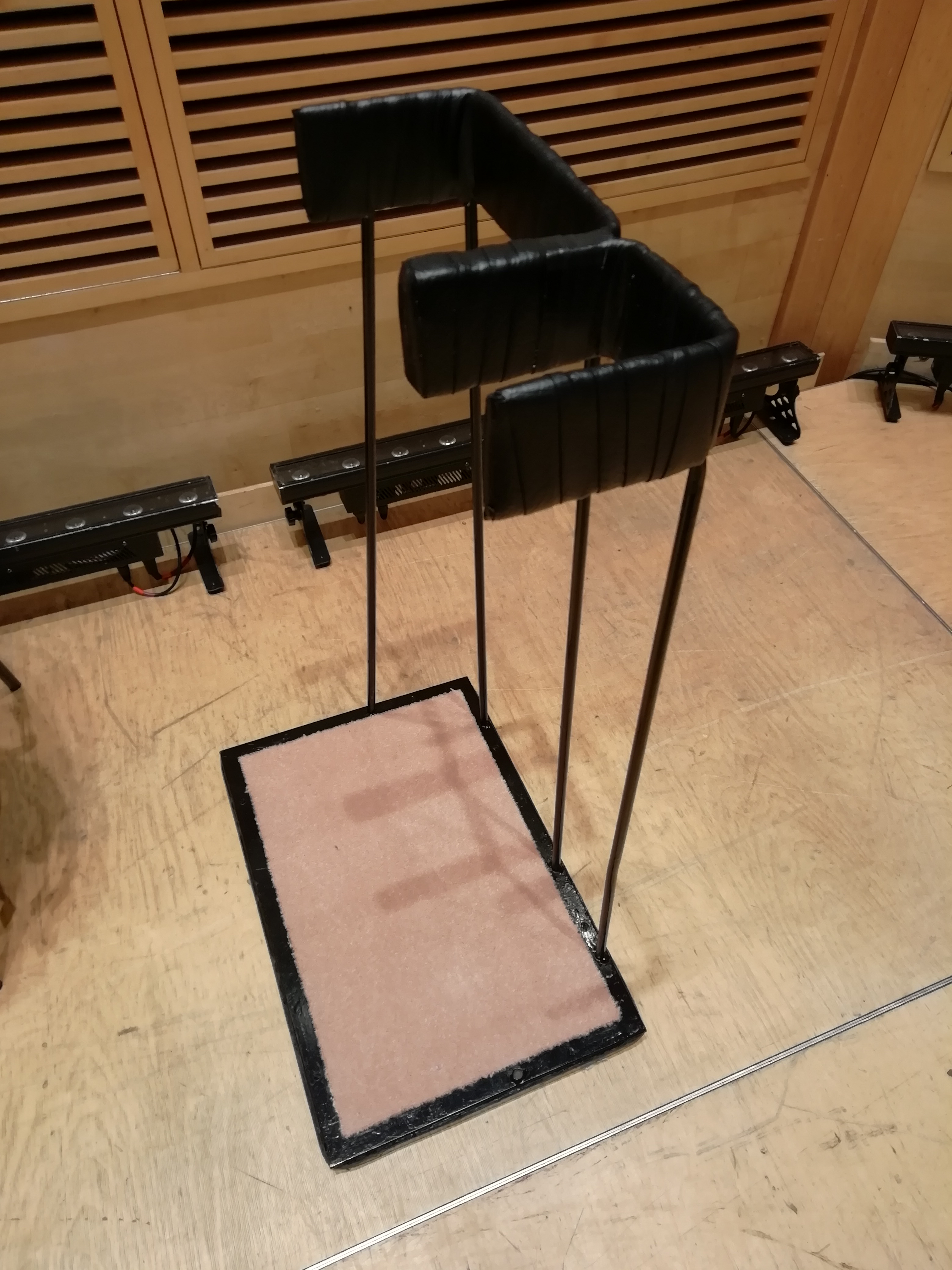
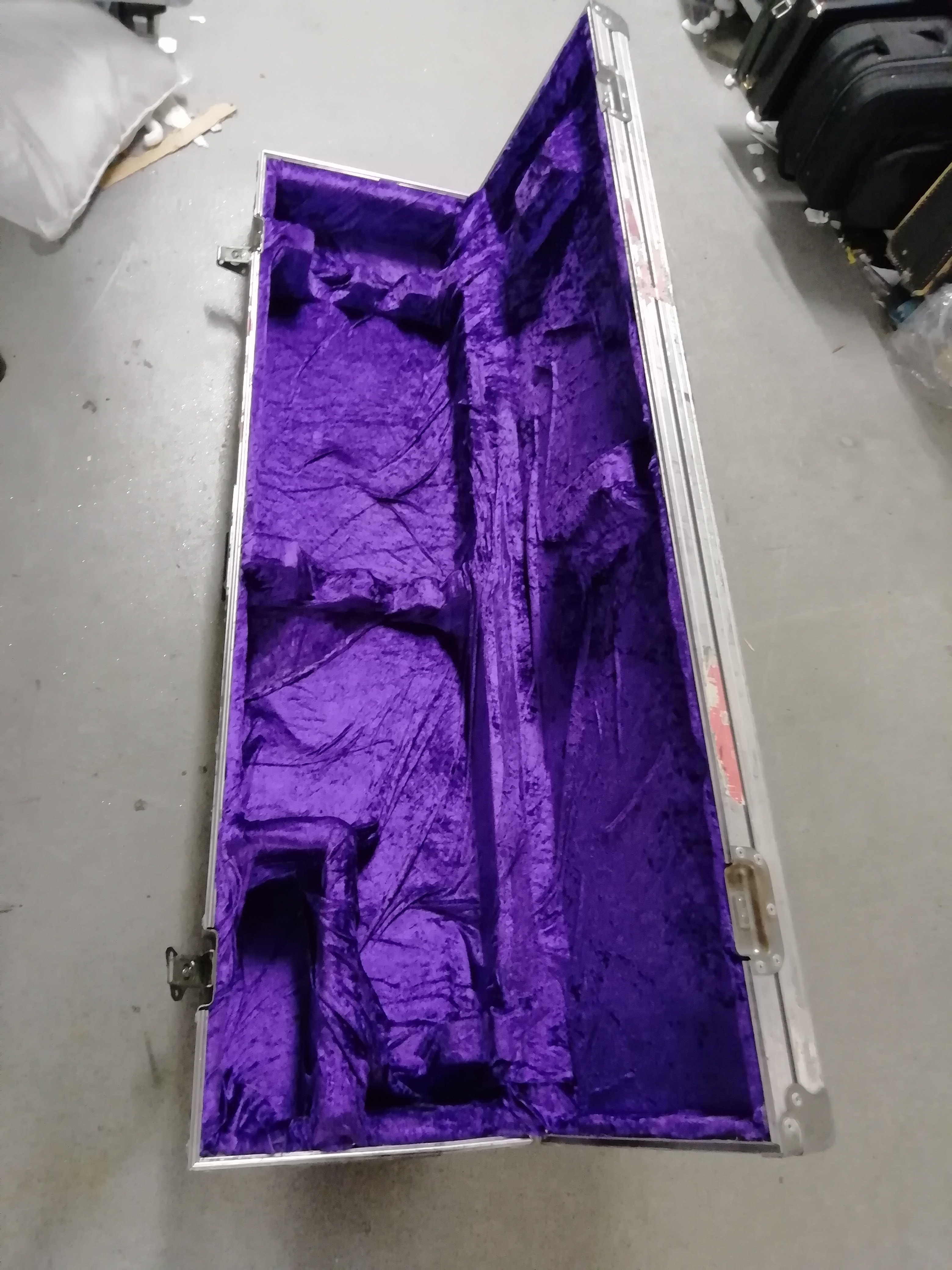
Preventing damage and finding repairers
Contrabassoon are particularly prone to damage being such large cumbersome instruments with a multitude of keywork that can easily be knocked out of alignment. Taking great care when handling and reducing the risk of passing players bumping into it is most important. Carrying a small repair kit with a few spare pads, corks and glue is advisable but also take Blu-tak, elastic bands and electrical tape to improvise in emergencies.
If you do need a repairer in the UK my first port of call would be Steve Lock, whose father David played, repaired and made reeds for the Contra for many years (stevelockltd.co.uk) and is based just outside Ipswich. Jessica Rance based in Devon has done some excellent work on my bassoon (woodwindinstrumentrepairs.co.uk) as has Eddie Ashton (woodwindco.com) in Manchester.

